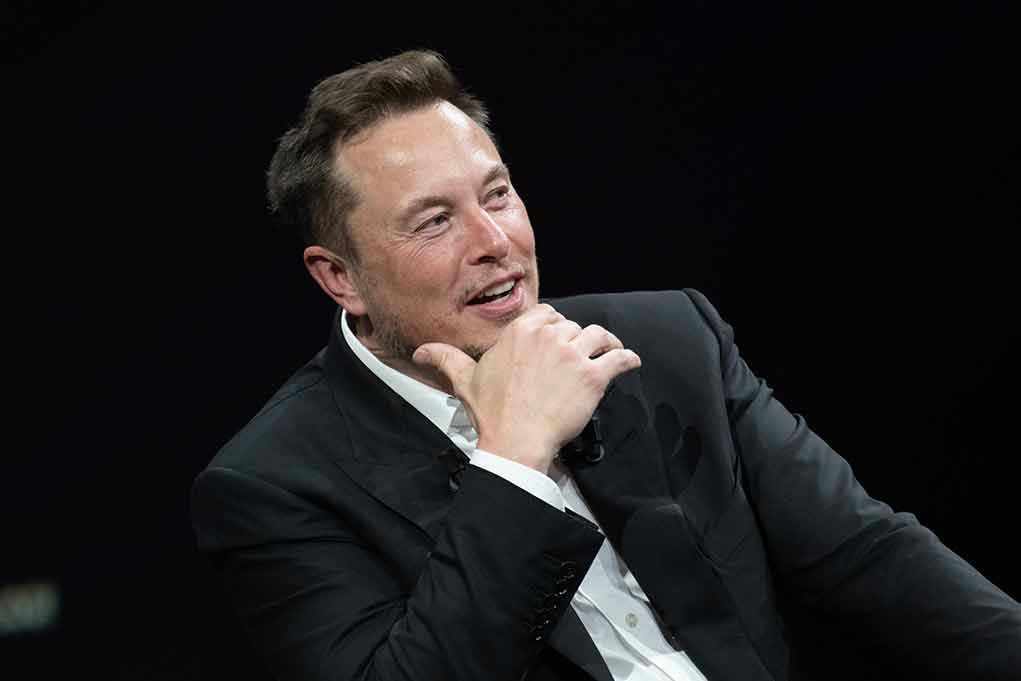
Elon Musk’s call for a Netflix boycott over transgender representation in children’s programming has reignited debates over media influence on youth and parental rights.
Story Overview
- Elon Musk advocates for a Netflix boycott, criticizing “woke bias” in children’s content.
- The controversy centers around the animated series “Dead End: Paranormal Park.”
- Musk’s social media influence amplifies the boycott, garnering significant attention.
- The debate highlights ongoing cultural clashes over LGBTQ+ representation.
Elon Musk’s Boycott Call and Its Impact
Elon Musk, leveraging his significant social media influence, has called for a boycott of Netflix, criticizing the platform’s inclusion of transgender characters in children’s programming. The controversy erupted after Musk reposted a clip from the show “Dead End: Paranormal Park,” alleging that Netflix promotes “woke bias” to children. Musk’s statements have sparked a wider debate about parental rights, media influence, and the boundaries of representation in children’s content.
The show “Dead End: Paranormal Park,” which features a transgender teen as a main character, has become the focal point of this controversy. Despite being canceled in 2023, the show’s content remains available, intensifying debates about its appropriateness for children. Musk’s boycott call has gained traction, with some users publicly canceling their subscriptions and others defending Netflix’s programming choices as a matter of creative freedom and representation.
Stakeholders and Reactions
Primary stakeholders in this controversy include Musk himself, Netflix, show creators, parents, and advocacy groups on both sides of the debate. Musk wields considerable influence through his social media presence, while Netflix controls the distribution of its content. Parents and advocacy groups are divided, with some opposing the content and others supporting inclusive representation in media.
As of October 8, 2025, Netflix has not issued an official response. However, past responses from the company have emphasized the importance of creative freedom and the platform’s commitment to diverse storytelling. The lack of a formal statement leaves the public in anticipation of how Netflix will address the ongoing boycott and criticisms.
Implications and Future Outlook
The boycott has the potential to increase polarization and public debate over LGBTQ+ representation in children’s media. While there is a possibility of a temporary spike in subscription cancellations, the long-term economic impact on Netflix remains uncertain. This incident may influence media companies’ future content strategies, as they navigate heightened cultural divides and advocacy pressures.
In the broader context, this controversy underscores the ongoing cultural and political debates surrounding representation, parental rights, and media influence in the United States. It serves as a reminder of the complex dynamics at play in the intersection of media, technology, and societal values, particularly as it pertains to the content available to young audiences.
Sources:
Euronews (2025-10-03): Detailed coverage of Musk’s boycott call, context, and stakeholder analysis.

